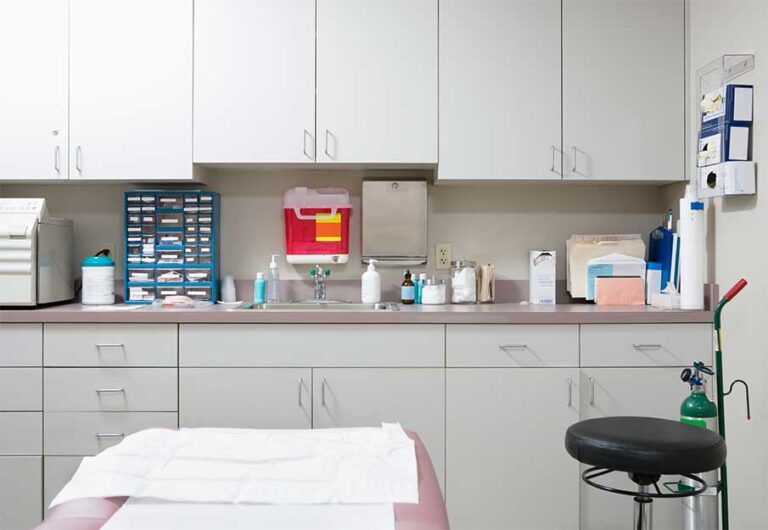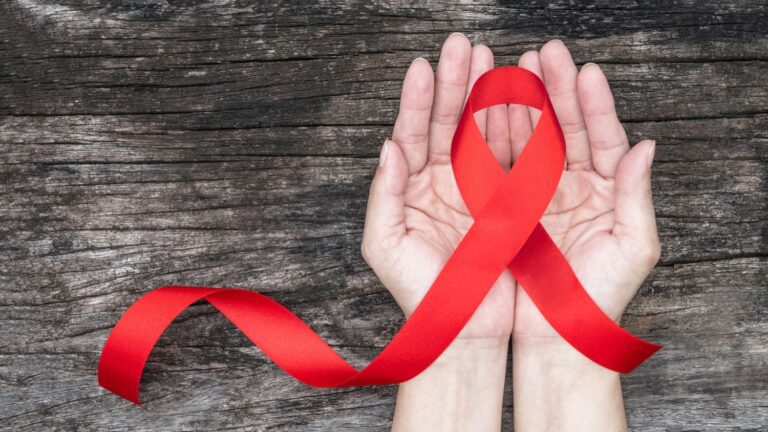Dating with an STD: Navigating Disclosure and Rejection
Dating can be exciting, but when you have a sexually transmitted disease (STD), it can also feel intimidating. For those with an STD, the idea of talking openly about it with a new partner can bring up anxiety and fear of rejection. At Hope Across The Globe in Jacksonville, Florida, we understand these concerns and are here to help people navigate dating with confidence and honesty. This guide covers how to approach dating with an STD, including tips for disclosing your status, handling rejection, and finding support.
Understanding the Importance of Disclosure
Why Disclosure Matters
Talking about having an STD is not easy, but it’s an important step in building trust with a partner. Disclosing your status is not only honest but also protects the health of your partner. By informing them, you’re giving them the choice to make informed decisions about their health.
Legal and Ethical Considerations
In some states, it’s required by law to disclose an STD to a sexual partner, particularly with infections like HIV. Besides the legal aspect, it’s also a matter of respecting your partner’s right to make their own choices about risk. Sharing your status with a potential partner is a sign of respect and honesty.
When to Bring Up Your STD Status
Choose the Right Time
Timing is crucial. You don’t have to bring it up on the first date, but waiting too long can lead to feelings of betrayal. A good time to discuss it is when the relationship is moving toward physical intimacy. This allows the conversation to happen naturally but avoids unnecessary delay.
Setting a Comfortable Environment
Choose a time and place where both of you feel comfortable and safe. This is a personal conversation that’s best done privately without distractions. Being calm and open can also help your partner feel more at ease.
How to Disclose Your STD Status
Plan Your Approach
Knowing what to say beforehand can help reduce stress. You might want to start by saying, “There’s something important I’d like to share because I respect and care about you.” Honesty and directness are appreciated, so try to keep it simple and avoid over-explaining.
Be Knowledgeable About Your STD
Your partner may have questions about how the STD affects you and their own risk level. Being informed shows that you take your health seriously and can ease any fears they may have. For example, if you have herpes, explain that it’s a common infection and that there are ways to manage it and reduce transmission.
Use a Positive and Calm Tone
This conversation might feel difficult, but using a calm and positive tone can help. Remember, your STD doesn’t define you, and staying confident can reassure your partner. Let them know that having an STD doesn’t stop you from living a full and healthy life.
Handling Different Reactions
Understanding Their Initial Reaction
Not everyone will respond the same way to learning about your STD status. Some people may need time to process the information, while others may have questions or concerns. Give your partner space if needed and be open to discussing any worries they may have.
Facing Rejection
Rejection is always hard, but it’s important to remember that rejection based on your STD status doesn’t reflect your worth. Some people may not feel comfortable dating someone with an STD, and that’s their choice. It’s okay to feel disappointed but don’t let it bring down your self-esteem. Having an STD doesn’t take away from who you are as a person.
Finding Acceptance
Many people will be understanding and accepting, especially if you’re open and honest. Focusing on finding a partner who values honesty and communication can make dating a more positive experience. Remember, there are plenty of people who are open to dating someone with an STD, and you don’t need to settle for someone who isn’t supportive.
Tips for Building a Positive Dating Experience
Practice Self-Care and Self-Acceptance
Having an STD doesn’t mean you aren’t deserving of love and happiness. Practicing self-care, like exercising, pursuing hobbies, and spending time with supportive friends, can boost your confidence. When you feel good about yourself, you’re more likely to attract people who see your value.
Set Boundaries
Setting boundaries is key to feeling comfortable in any relationship. If a partner isn’t respectful of your situation or makes you feel uncomfortable, it may be a sign that they aren’t the right match. It’s okay to walk away from relationships that don’t support your well-being.
Find Support Through Community and Resources
Sometimes it’s helpful to connect with others who understand your experience. Support groups, online communities, and even counseling can provide encouragement and advice. At Hope Across The Globe, we also offer resources for those looking for support in Jacksonville, Florida, including information on free STD testing and counseling.
Related Tag: The Role of Meditation and Stress Management in STD Management
Using Protection and Reducing Transmission Risk
Practicing Safe Sex
Using protection like condoms and dental dams during sex is essential, even if you’ve disclosed your STD status. Protection reduces the risk of transmission and helps you and your partner feel more secure.
Follow Your Treatment Plan
Sticking to a prescribed treatment plan can lower your chances of transmitting an STD. Regular check-ups and following medical advice are important. If you’re unsure where to get tested or treated, our Jacksonville STD clinic provides free STD testing to help you stay on top of your health.
Communicate About Boundaries and Comfort Levels
It’s important to talk openly with your partner about what you’re both comfortable with. Setting clear boundaries can help both of you feel at ease, and it’s okay to revisit this conversation as your relationship progresses.
FAQs
Q: How do I start the conversation about my STD status?
A: A good way to start is by being honest and calm. Let them know that you have something personal to share and express that you want to be open because you respect them. Keep it simple and avoid overloading them with too much information at once.
Q: How can I protect my partner if we decide to be intimate?
A: Using protection like condoms and following your treatment plan can significantly reduce the risk of transmission. Talk to your partner about the best ways to practice safe sex, and be open to their comfort levels.
Q: What if my partner reacts negatively or rejects me?
A: While it may be painful, remember that rejection is a part of dating, and it doesn’t define your worth. Allow them to process their feelings, and focus on finding a partner who respects and supports them.
Q: Is free testing available in Jacksonville, Florida?
A: Yes, Hope Across The Globe provides free STD testing in Jacksonville, Florida, to ensure that everyone has access to the resources they need for managing their health.
Q: Will having an STD prevent me from having a happy relationship?
A: No, many people with STDs find fulfilling and happy relationships. Open communication, honesty, and a supportive partner make a big difference. The right partner will understand and appreciate you for who you are.
Conclusion
Dating with an STD can be challenging, but it’s also an opportunity to build stronger connections based on trust and understanding. By openly sharing your status and practicing safe sex, you’re respecting both yourself and your partner. Rejection may happen, but it doesn’t take away from your value or the possibility of finding a supportive, understanding partner. With resources like free STD testing available through Hope Across The Globe in Jacksonville, Florida, there are ways to stay healthy and informed.
Ultimately, the right partner will appreciate your honesty and see you for who you are beyond your diagnosis. By taking care of yourself, finding supportive people, and building strong communication skills, dating with an STD can lead to fulfilling and meaningful relationships. Remember, you’re not alone, and support is available to help you navigate the journey.
Related Tag: Free STD Testing Jacksonville






